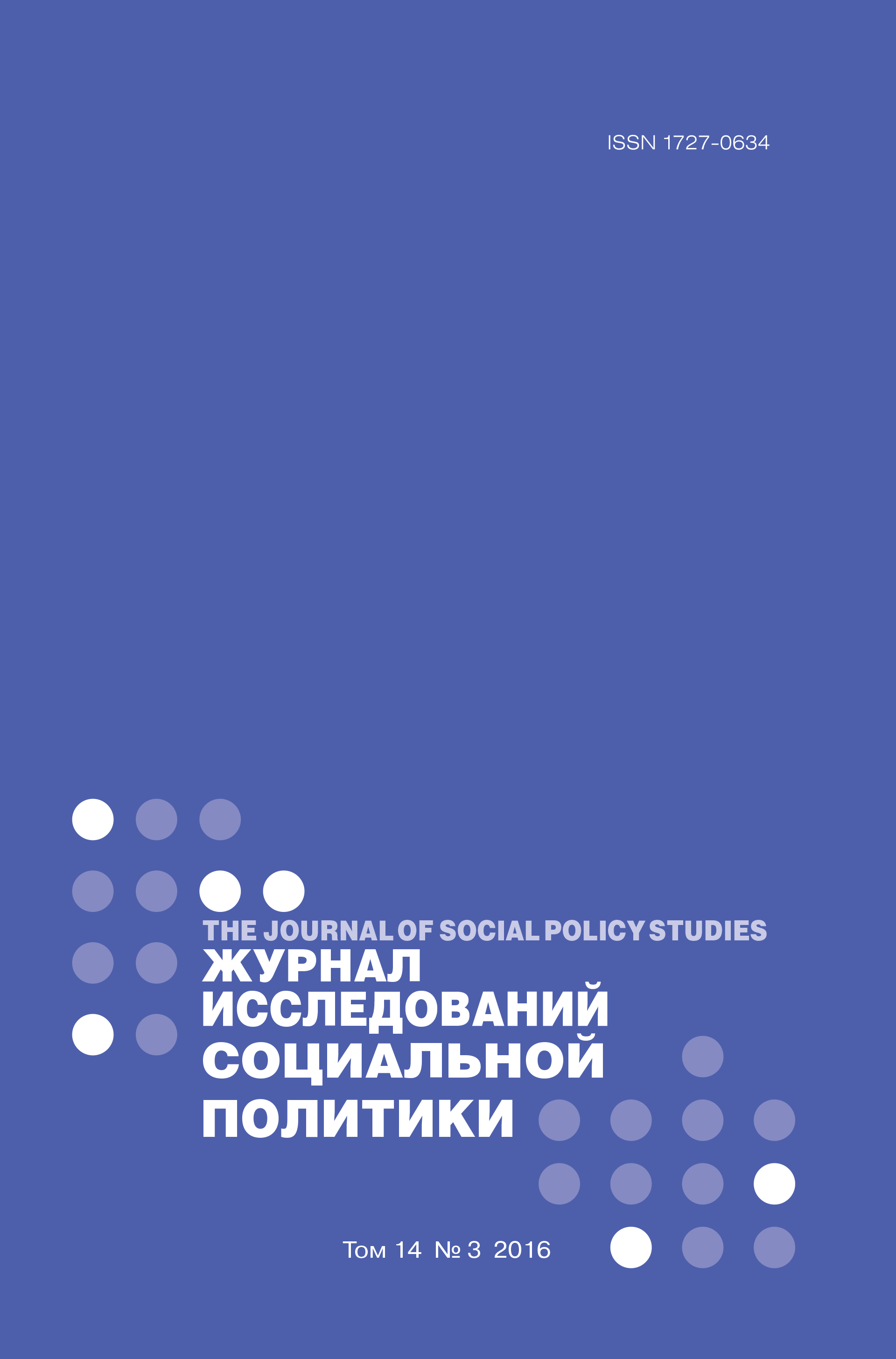'The Race Stigma': the coping strategies employed by migrants from the North Caucasus in Moscow
Keywords:
migration, discrimination, stigma, coping strategies
Abstract
Integration of 'visible minorities' is complicated by the pressure of stigma that, when acted out, can restrict access to various resources and have a destructive impact on the personal and social identity of an individual. This article examines how ethnicity has influenced the formation of adaptation strategies in the specific case of North Caucasus migrant experience in Moscow. Studying migrant attitudes can help improve the effectiveness of various adaptation programs, which are of benefit to both the host population and the migrants of Moscow’s multicultural metropolis. The following research questions are considered: What coping strategies are used by migrants from the North Caucasus? What is the role of ethnicity in shaping and implementing these strategies? Activating the resources of ethno-cultural networks can be a great source of hope to migrants seeking social protection and economic empowerment, but at the same time it can be source of stigma in the discourse of the dominant group. Stigmatizing discourses are reproduced by the minorities and become a powerful tool that reinforces and perpetuates ethnic boundaries, restricting access to various resources. Reliance on ethno-cultural communication is only one of the strategies employed. Others exist that can be based on ignoring ethnicity or minimizing its importance. The coping strategies that emphasise ethnicity can be implemented in a variety of ways. We outlined three such versions after analysing the comments made by participants in our focus groups. Two of them, which we term 'compensatory' and 'accusatory,' essentially serve the function of psychological protection as they focus on the in-group’s merits, while underlining the failings of the out-groups. The third version is aimed at providing of support to the members of one’s group. The implementation of strategies that minimizes the importance of ethnicity begins with acquiring negative beliefs about one’s in-group and distancing oneself from the co-ethnics group. The second step involves searching for explanations for the shortcomings of one’s co-ethnic group, which is achieved by referring to non-ethnic factors perceived as objective social factors. In other cases these issues can be sidestepped by resorting to individual resources in social adaptation and rejecting the use of group categories.Downloads
Published
2016-09-02
How to Cite
КозловаМ. А. (2016). ’The Race Stigma’: the coping strategies employed by migrants from the North Caucasus in Moscow. The Journal of Social Policy Studies, 14(3), 347-362. Retrieved from https://jsps.hse.ru/article/view/3260
Section
ARTICLES IN RUSSIAN















